The world’s largest HIV science conference will be in Brisbane in 2023, bringing a focus to HIV in Asia and the Pacific
Brisbane will host the world’s largest scientific conference for HIV in July 2023, the 12th International AIDS Society (IAS) Conference on HIV Science (IAS 2023).
The event will bring together the international research community to discuss the latest advances in HIV science, and will also be accessible virtually.
The conference will be an opportunity to showcase Australia’s and Queensland’s world-leading HIV response, and to shine a spotlight on the unique strengths and challenges of the HIV response in the Asia and Pacific region.
“We are proud that Queensland will be hosting this important global meeting on HIV research,” Queensland Health Minister of Health Yvette D’Ath said.
“Queensland’s HIV programs are built on effective collaboration between scientists, government and affected communities, an approach that exemplifies the global best-practice championed at IAS 2023.
“We are particularly pleased that the conference will amplify the voices of First Nations communities, and their leadership in the Queensland HIV and sexual health responses.”
ASHM Board Director Professor Charles Gilks, Local Co-Chair of IAS 2023, emphasised the meeting’s focus on the HIV response in Asia and the Pacific.
“Australia was one of the first countries in the world to reach the UNAIDS 90-90-90 targets, and we have led the way on HIV prevention through the rollout of harm-reduction programs and PrEP,” said Professor Gilks.
The 90-90-90 targets refer to the UNAIDS goals of 90% of people living with HIV diagnosed, 90% of those diagnosed on antiretroviral therapy, and 90% of people on treatment having achieved viral suppression, by 2020.
“However, we must also step up as a leader in Asia and the Pacific, where there are significant inequities in progress towards the UNAIDS targets. Australia is on our way to reaching 95-95-95 while some of our neighbours in the region are falling far behind,” Professor Gilks continued.
“The COVID-19 pandemic has had a devastating impact on health systems in the region, and IAS 2023 will provide a forum for us to work alongside our neighbours to strengthen the regional HIV response.”
Alexis Apostolellis, CEO of local host organisation ASHM, said IAS 2023 would be an opportunity to work together towards more equitable outcomes for everyone affected by HIV.
“Australia has long been committed to a HIV response where researchers, clinicians, policymakers and community work together, led by those most affected by HIV,” Apostolellis said.
“IAS 2023 in Brisbane will represent this best-practice approach. By bringing together leaders from around the world to share the latest advances in HIV research, this is the place global HIV science is pushed forward.”
ASHM Board Director Robert Monaghan said First Nations voices would be at the centre of the conference. Monaghan is a descendant of the Bundjalung Nation on his mother’s side; his family and extended family are from the NSW North Coast alongside the Clarence River at Baryulgil.
“Equal access to universal health coverage is a challenge, even in Australia, but First Nations communities are leading innovative and effective responses to HIV,” Monaghan said.
“We hope IAS 2023 will showcase the work of First Nations communities not only in Australia around the world, bringing people together to make sure no one is left behind.”
Melania, Treatment Support Facilitator at Queensland Positive People (QPP), said the conference would be a critical opportunity for researchers to connect with and learn from people living with HIV.
“My hope is that this conference generates interest and commitment from the research community to do more research specifically focusing on women living with HIV. We know that women are under-represented in research globally, despite making up more than 50 per cent of HIV diagnoses worldwide,” she said.
“Women with HIV experience differences physiologically with the efficacy of treatments, side-effects and co-morbidities. In order to provide the best support for women with HIV, we also need more research into the experiences of intersectionality for women and how this creates overlapping and interdependent systems of discrimination or disadvantage.”
The 12th IAS Conference on HIV Science (IAS 2023) will be held at the Brisbane Convention and Exhibition Centre on 23–26 July 2023.
About the IAS Conference on HIV Science
The conference is the world’s most influential meeting on HIV research and its applications, held by the International AIDS Society. This biennial conference presents the critical advances in basic, clinical and operational HIV research that move science into policy and practice.


